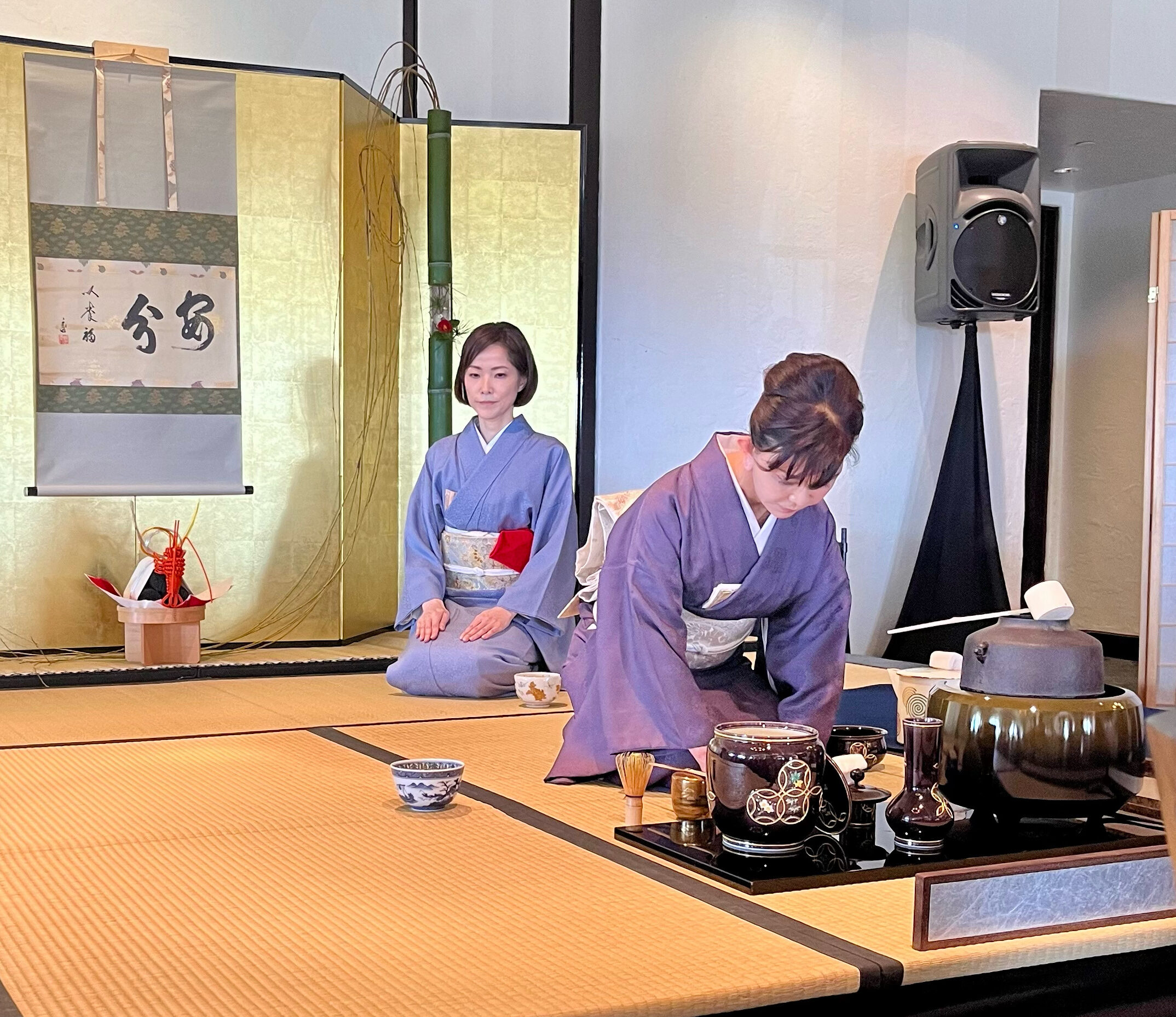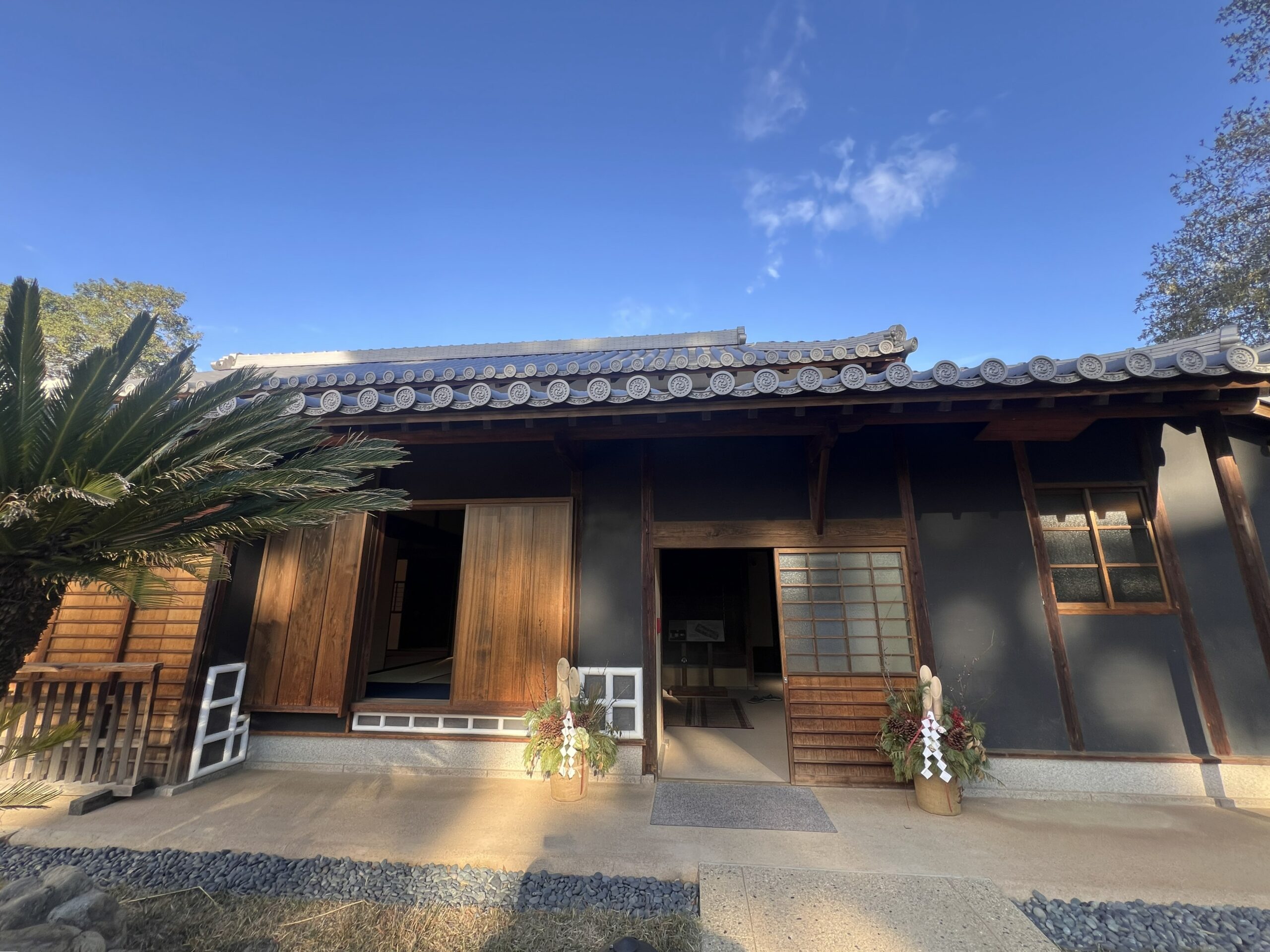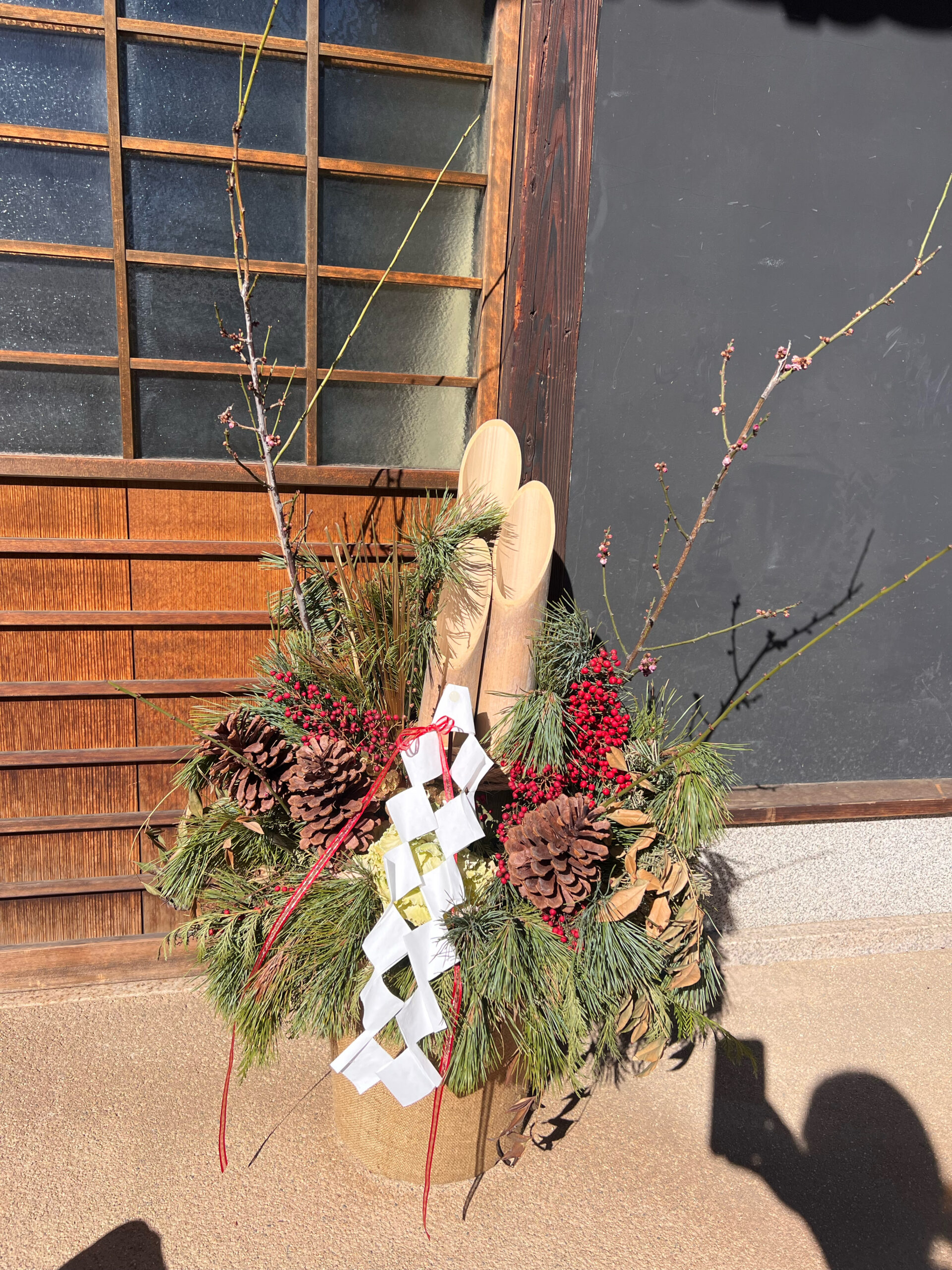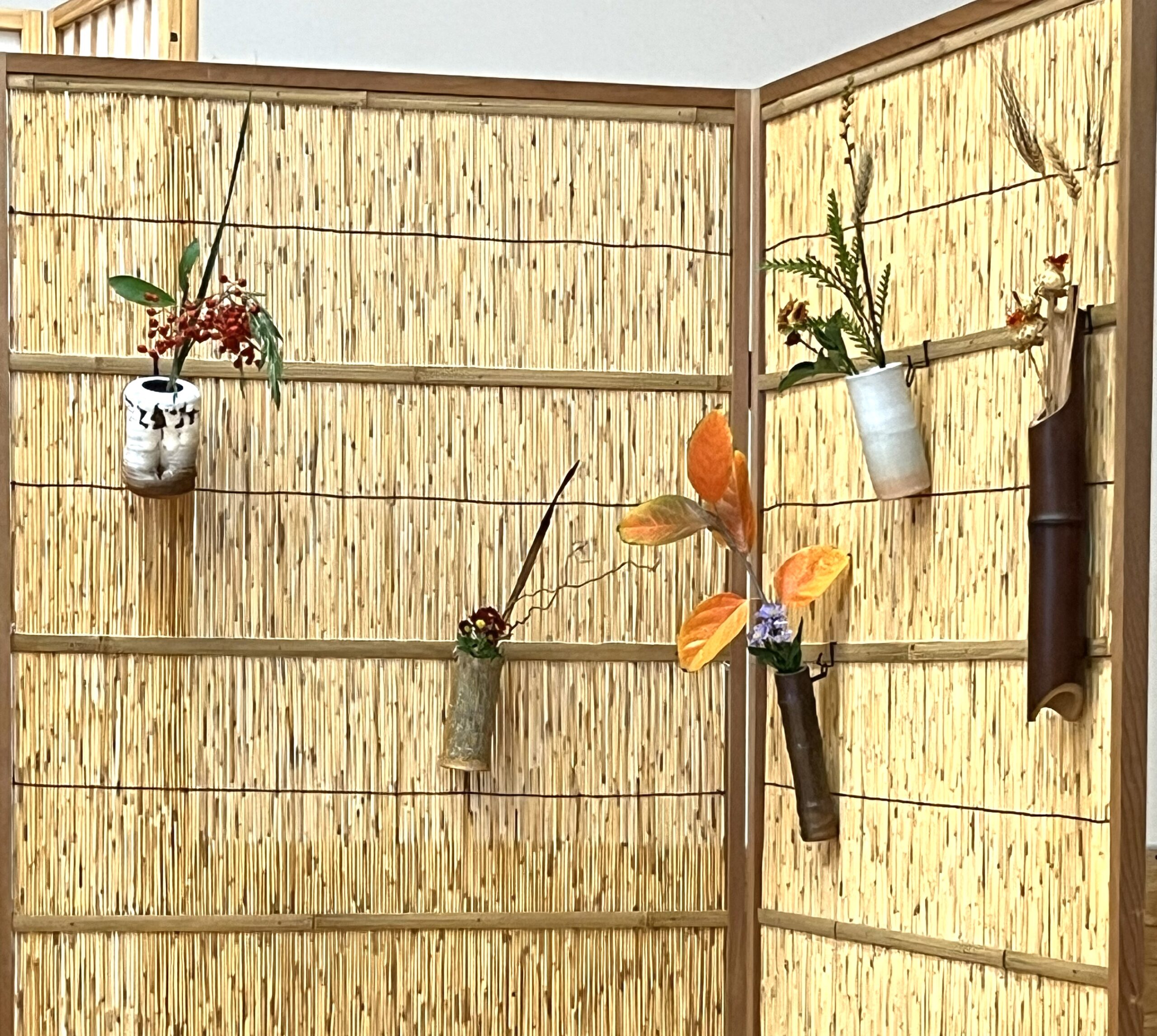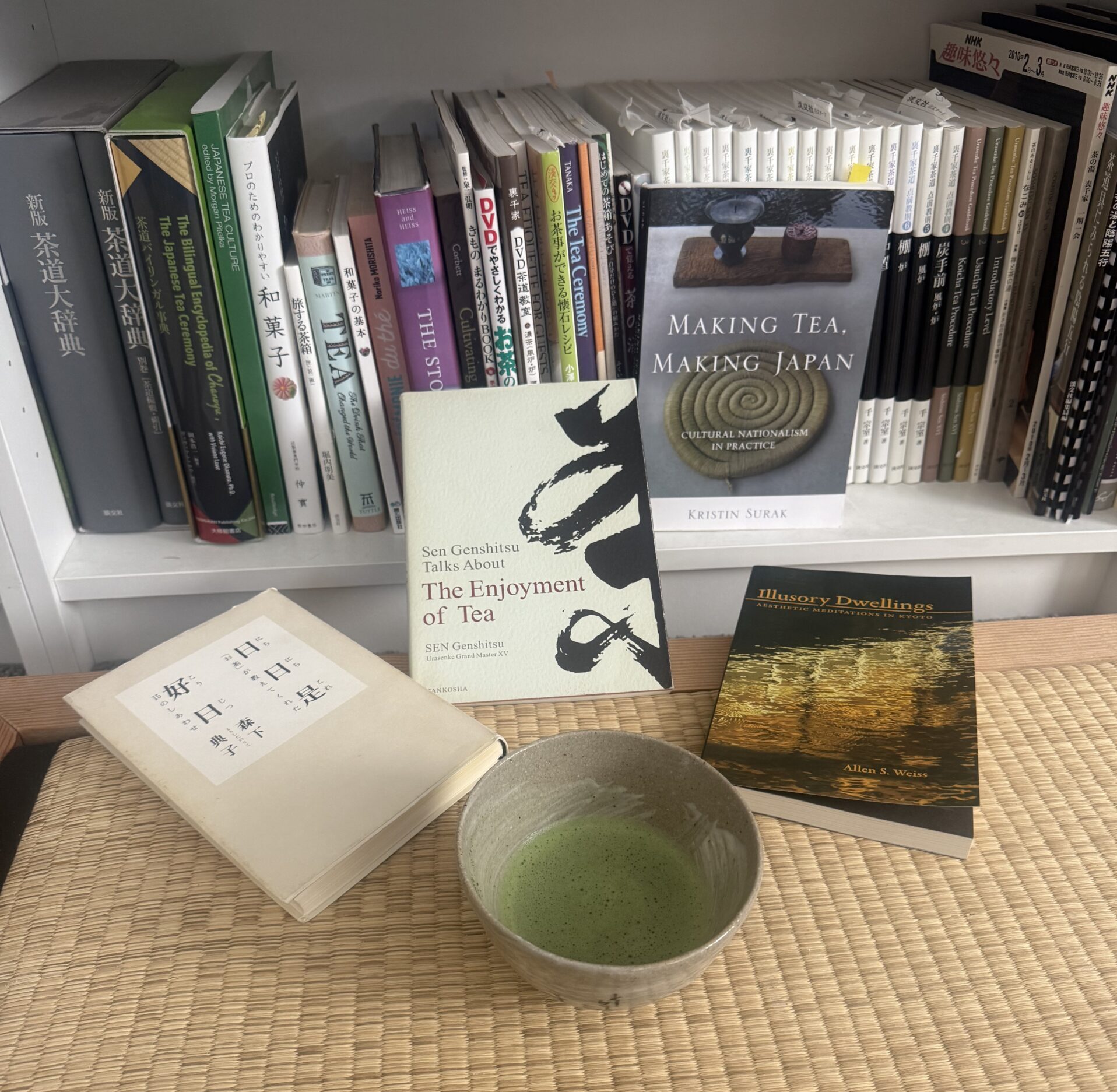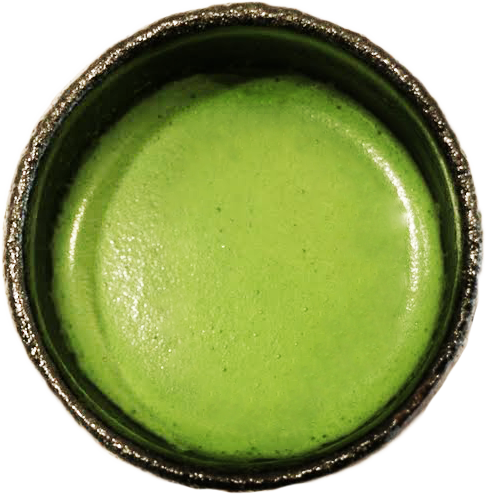
Chado Urasenke TankokaiLos Angeles Association
Chado Urasenke TankokaiLos Angeles Association
The Way of Tea
Chadō, or "Japanese tea ceremony" has a more accurate translation as the “Way of Tea.” Based upon the simple acts of preparing and presenting tea with grace and respect while being received with appreciation and gratitude; a bowl of tea satisfies both physical and spiritual thirst. Descending from 16th century tea master Sen no Rikyu, the foundation is built upon daily Japanese culture that values harmony in the setting of hospitality and accommodation.
The underlying principles set forth by Rikyu are “Wa, Kei, Sei, Jaku.”

The Way of Tea
Chadō, or "Japanese tea ceremony" has a more accurate translation as the “Way of Tea.” Based upon the simple acts of preparing and presenting tea with grace and respect while being received with appreciation and gratitude; a bowl of tea satisfies both physical and spiritual thirst. Descending from 16th century tea master Sen no Rikyu, the foundation is built upon daily Japanese culture that values harmony in the setting of hospitality and accommodation.
The underlying principles set forth by Rikyu are “Wa, Kei, Sei, Jaku.”
The Way of Tea
Chadō, or "Japanese tea ceremony" has a more accurate translation as the “Way of Tea.” Based upon the simple acts of preparing and presenting tea with grace and respect while being received with appreciation and gratitude; a bowl of tea satisfies both physical and spiritual thirst. Descending from 16th century tea master Sen no Rikyu, the foundation is built upon daily Japanese culture that values harmony in the setting of hospitality and accommodation.
The underlying principles set forth by Rikyu are “Wa, Kei, Sei, Jaku.”

Wa
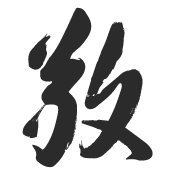
Kei
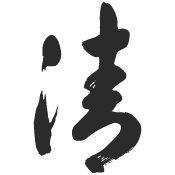
Sei
Purity; To strive for purity in both the outer, physical sense and the inner, spiritual sense.
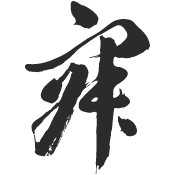
Jaku
Tranquility; Having a mind that is always serene, while finding calmness and steadiness.
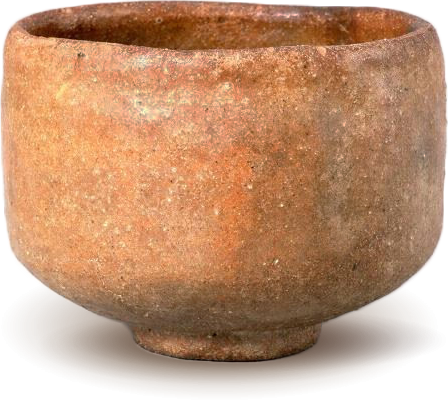


Wa
Harmony; To live in harmony with each other, with nature, and with our surroundings.

Kei
Respect; To respect each other and recognize our mutual dependence upon one another.

Sei
Purity; To strive for purity in both the outer, physical sense and the inner, spiritual sense.

Jaku
Tranquility; Having a mind that is always serene, while finding calmness and steadiness.

Our History
We were originally founded in 1951 following the Peace Treaty of San Francisco as Urasenke Los Angeles Chapter. In 1986, the Teachers' Association and Youth Group were formed. And in 1998, the Urasenke Headquarters in Kyoto, Japan gave us our current title, Chadō Urasenke Tankōkai Los Angeles Association. As a government authorized non-profit organization, we are registered in the state of California as Chadō Urasenke Tea Society of Southern California.

Our History
We were originally founded in 1951 following the Peace Treaty of San Francisco as Urasenke Los Angeles Chapter. In 1986, the Teachers' Association and Youth Group were formed. And in 1998, the Urasenke Headquarters in Kyoto, Japan gave us our current title, Chadō Urasenke Tankōkai Los Angeles Association. As a government authorized non-profit organization, we are registered in the state of California as Chadō Urasenke Tea Society of Southern California.
Our Mission
The association's mission is to engage in research concerning Chadō culture, introduce Chadō to the local and global community, and contribute to inter-cultural exchange and world peace. It promotes communication, exchange, and training among Chadō practitioners and those interested in Chadō.
Our Mission
The association's mission is to engage in research concerning Chadō culture, introduce Chadō to the local and global community, and contribute to inter-cultural exchange and world peace. It promotes communication, exchange, and training among Chadō practitioners and those interested in Chadō.
Upcoming Events
Subscribe and get notified when they're set.
Join Our Newsletter
Membership
Anyone wishing to promote the understanding of Chadō can become a member. Please sign up as a member if you wish to study Urasenke Chadō. Trial classes are available upon request. If interested, feel free to contact us from the form below.Urasenke Tankōkai Los Angeles Association is a non-profit organization. As a registered 501(c)(3) charitable organization, contributions are tax deductible as permitted by law.
Students
$25
Annual- Full time students
Friends
$35
Annual- For Friends of UTLAA
General
$45
Annual- For General Public
Chamei
$55
Annual- For Chamei Holders
Instructor
$155+
Annual- Instructors w/ Students
Locations
There are 24 tea houses throughout Southern California, and 1 in Las Vegas, Nevada that teach Urasenke Chadō.
You can find your nearest instructor from the map above, or from this list of registered instructors.
Frequent Questions
• Fukusa (Silk Cloth)
• Kobukusa (Classic-patterned Silk Cloth)
• Kaishi Paper (Paper used for sweets)
• Kashi-yoji (Utensil for sweets)
• Sensu (Folding Fan)
• Sukiya Bukuro (Pouch)
*Any of these materials are available to borrow or purchase at class.
Anyone is welcome to observe and participate in a class before becoming a member.Feel free to contact us in advance to make an appointment.
Generally, a kimono is appropriate for both men and women. If you do not own one, business casual attire with clean white socks is preferred. Jeans are discouraged due to possible damage to the tatami surface. Women may wear a skirt or dress as long as the length covers the knees when sitting. Please avoid wearing watches, jewelry, strong perfume, or cologne.

